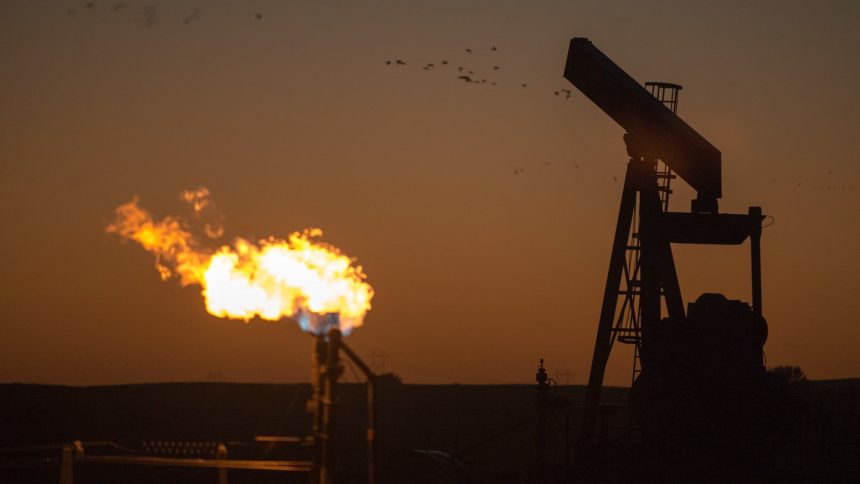A congressional hearing on the fossil fuel industry’s “evolving efforts to avoid accountability for climate change” turned into a spectacle on Wednesday morning as lawmakers in Washington, D.C., grilled a panel of experts on wide-ranging — and often irrelevant — topics. The thousands of internal oil company documents released before the hearing, however, contained some bombshell findings.
One of the biggest revelations is that BP executives understood that natural gas, which the company promoted as a “bridge” or “destination” fuel to a cleaner future as coal declined, was incompatible with the goals of the Paris Agreement signed in 2015. “[O]nce built, gas locks in future emissions above a level consistent with 2 degrees,” at least without widespread carbon capture technology, according to a comment on a draft outline for a speech by BP’s CEO in 2017.
“This is the first evidence I’ve seen of them acknowledging internally, at the highest levels, that they know this — natural gas is a climate disaster — and yet, they still promote it,” said Richard Wiles, president of the Center for Climate Integrity, an environmental advocacy organization.
At Wednesday’s hearing, Senator Sheldon Whitehouse, a Democrat from Rhode Island, invited expert witnesses to talk about the industry’s attempts to shape media coverage and academic research and allegations that they misled the public through deceptive advertising. But Republican lawmakers went off-script, asking questions about boreal forest fires and alleging that reducing fossil fuel production would result in Americans “having to sell blood in order to pay their electricity bill.” At one point, Senator John Kennedy from Louisiana read a list of old Twitter posts in an attempt to discredit Geoffrey Supran, a climate researcher who testified at the event, apparently without realizing that the posts were not written by Supran, although he did retweet one of them.
The hearing was the outcome of a three-year congressional investigation that sought to uncover new information about fossil fuel companies’ history of spreading disinformation about climate change. The first hearing, in October 2021, focused on an early chapter of that history, the 1970s, and drew testimony from executives of BP, Chevron, Exxon Mobil, and Shell, as well as two industry lobbying groups — the American Petroleum Institute and the Chamber of Commerce.






